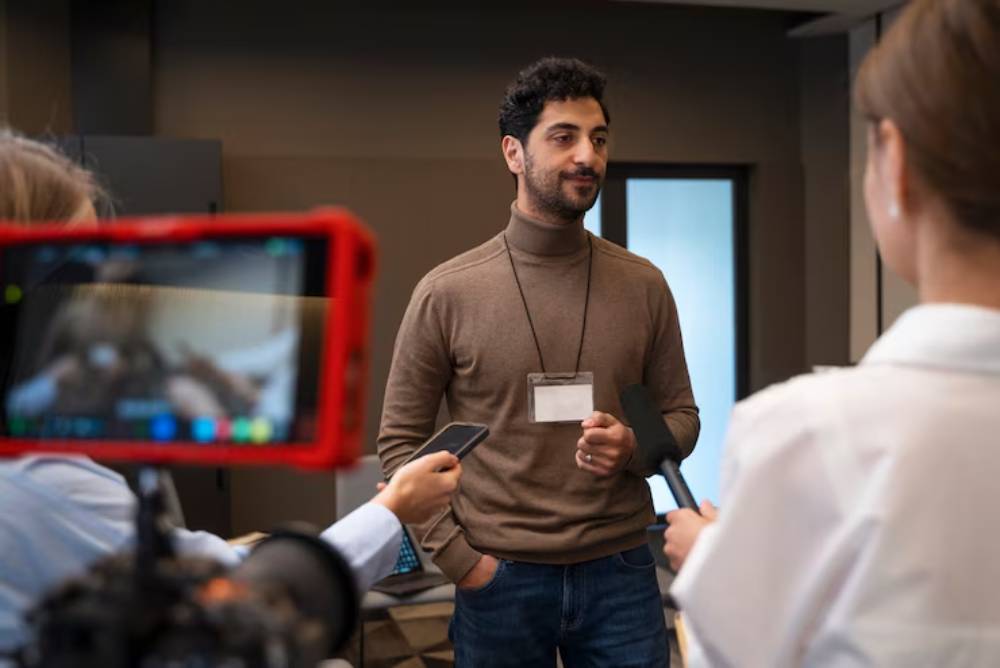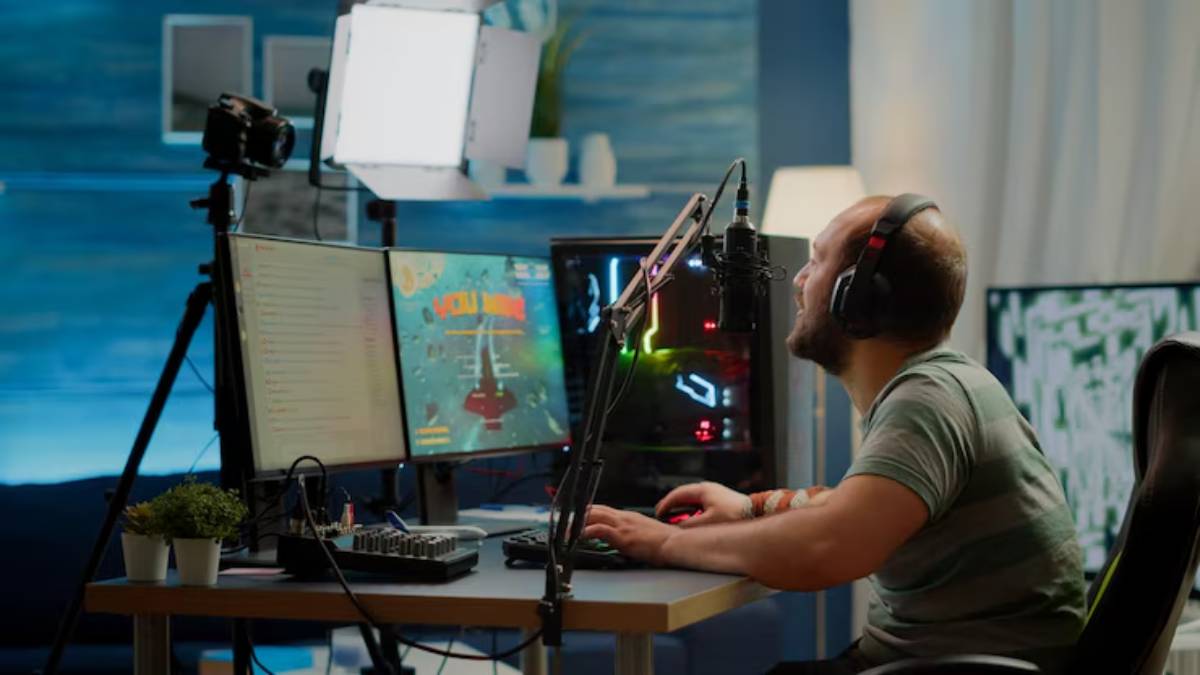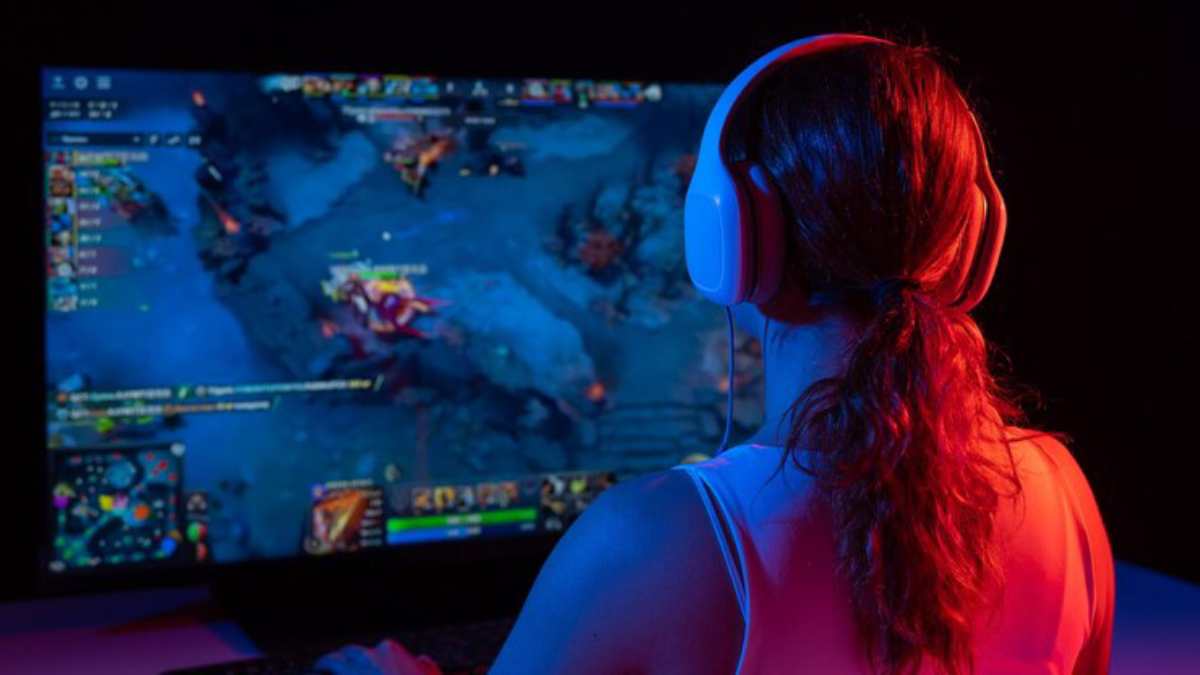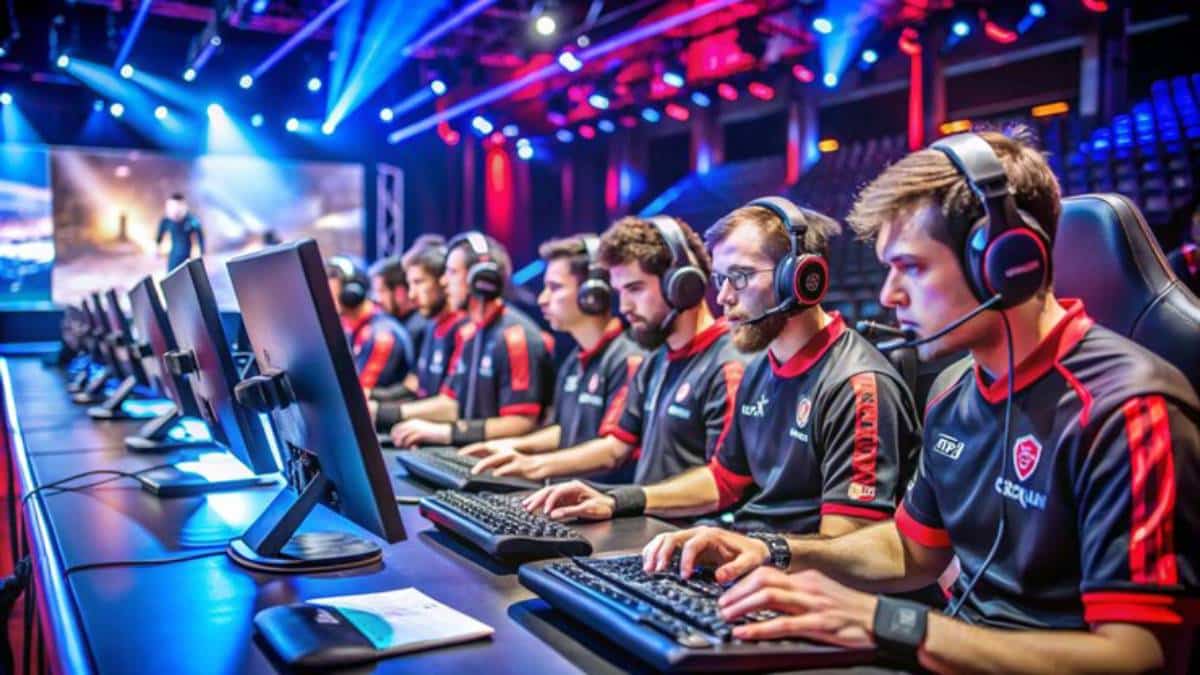
Interviewing Esports Professionals: Best Practices
In the fast-changing world of esports, journalism is key. It tells stories, highlights new talents, and links competitive gaming to a global audience. Interviewing esports professionals is vital for journalists. It gives insights into pro gamers’ minds and the gaming industry’s dynamics. But unlike traditional journalism, doing these interviews requires unique skills and knowledge. This blog will explore the best practices for interviewing esports professionals and offer useful tips for both experienced and new esports journalists.
Mastering this skill improves reporting quality and builds credibility in the esports community. Esports interviews mix sports journalism with tech skills and cultural understanding, making them both an art and a strategy. Here are some tips for journalists to conduct esports interviews. These practices ensure the interviews are meaningful and respectful and highlight diverse voices.
Key Benefits

Understanding the nuances of interviewing esports professionals is important for several reasons. First, it helps journalists gain valuable insights and stories that resonate with fans. Esports fans are passionate and well-informed. They often seek detailed content about their favourite teams and players. When journalists get good at esports interviews, they create stories that grab readers and viewers.
Interviews are key in shaping how the public sees players and esports culture. A good interview can make a pro player relatable. It shows their struggles, motivations, and behind-the-scenes work. This adds depth and helps viewers connect, boosting their appreciation for competitive gaming.
Moreover, effective interviews can enhance the credibility of esports journalism. The industry keeps growing, as does the need for top-notch, professional content. Journalists who manage interviews with esports pros will shine in a crowded field and earn the trust of their audience and the industry.
Finally, conducting insightful interviews can open doors to exclusive content and opportunities. Esports pros get many media requests. Those who know the industry well and respect players’ views often get high-profile interviews and access to events.
Additional Expert Tips & Common Mistakes to Avoid
Understand the Game and the Players
Before an interview, know the game and the players well. Understand the game mechanics, the current meta, and recent tournament results. Learn about the player’s history, achievements, and playstyle. This knowledge helps you ask better questions. It also shows the interviewee that you value their expertise.
Watch past matches or tournaments where the player shined or made news. Explore their social media to gauge recent developments or sentiments. This preparatory work signals professionalism and enhances the quality of the conversation.
Prepare Thoughtful Questions
One common mistake in esports journalism is asking bland questions. To stand out, prepare thoughtful ones that explore the player’s experiences. Avoid yes-or-no questions. Instead, use open-ended questions that invite detailed answers. For example, instead of asking, “Did you enjoy the tournament?” try, “What key factors influenced your team’s performance in the tournament?”
Balance tactical and technical questions with human-centred ones. Ask about team dynamics, personal growth, or future goals. These often yield better, more interesting answers. Avoid repeating topics already discussed unless you have a fresh perspective.
Build Rapport with the Interviewee
Building rapport with the interviewee is essential for a successful interview. Start by introducing yourself and explaining the purpose of the interview. Take a genuine interest in their career and experiences. Also, respect their time. Creating a friendly and cosy space can encourage honest and thoughtful replies.
Start with a light question or mention a recent joyous moment. These small gestures help create a collaborative tone. The more easily the player feels, the more willing they’ll be to open up and share authentically.
Be Mindful of Cultural Differences
Esports is a global industry, and players come from diverse cultural backgrounds. Respect cultural differences. Don’t make assumptions or offend the interviewee by mistake. Look into the culture and communication style of the player’s country. Then, change your approach to fit.
Some cultures value modesty more than self-promotion. They may see direct questions as confrontational. Understanding these details lets you ask better questions. This also helps you earn respect from international players.
Avoid Overly Technical Jargon
Show your game knowledge, but don’t use too much technical jargon. It can confuse the audience. Keep in mind that readers know the game differently. So, find a balance between being accurate and easy to understand.
If you explore game mechanics or stats, explain key terms or concepts briefly. This includes everyone and keeps new readers engaged while also pleasing hardcore fans.
Advanced Insights

Leverage Social Media and Online Communities
Social media and online communities are invaluable resources for esports journalists. Platforms like Twitter, Reddit, and Discord show player personalities and fan interactions and reveal industry trends. Join these communities to find information, learn about interview opportunities, and keep up with esports.
Using the right sources keeps you updated on breaking news and trends. This gives you real-time context that enhances your interviews. You may find hidden stories or memes. These can be great icebreakers.
Use Technology to Enhance the Interview Experience
Technology can enhance the interview experience for both the journalist and the interviewee. Try video conferencing tools for remote interviews. They let you connect face-to-face and help build rapport. Transcription software can make it easier to convert interview recordings into text. This saves time and helps ensure accuracy.
Investing in quality audio gear and picking up basic video editing skills can boost production quality. This is especially helpful if you want to share interviews as videos. Clean, well-produced content reflects positively on your professionalism and attracts a larger audience.
Collaborate with Industry Experts
Collaborating with industry experts can provide valuable insights and perspectives for your interviews. Contact coaches, analysts, and other pros in esports. This helps you understand the game and its details better. Their skills can guide your questions. They can also help you find new angles for your stories.
Experts can help check technical details, provide more context or even co-host interviews. Including multiple voices in your coverage makes your content more robust and trustworthy.
Conclusion: Interviewing Esports Professionals

Interviewing esports professionals is an art and a science. It needs a mix of journalistic skills, industry knowledge, and cultural awareness. With these tips from this blog, esports journalists can do informative and fun interviews. As the esports industry grows, so does the need for quality journalism. This growth offers exciting chances for those ready to improve their skills.
Preparation is key whether you’re an experienced journalist or new to esports journalism. Also, empathy and a true passion for the industry matter. So, go ahead and share the stories that will inspire the esports community. Remember to refine your skills as you explore this changing field.
Take on the challenge of bringing esports personalities to life with your interviews. Your storytelling helps build the legacy of competitive gaming journalism.


